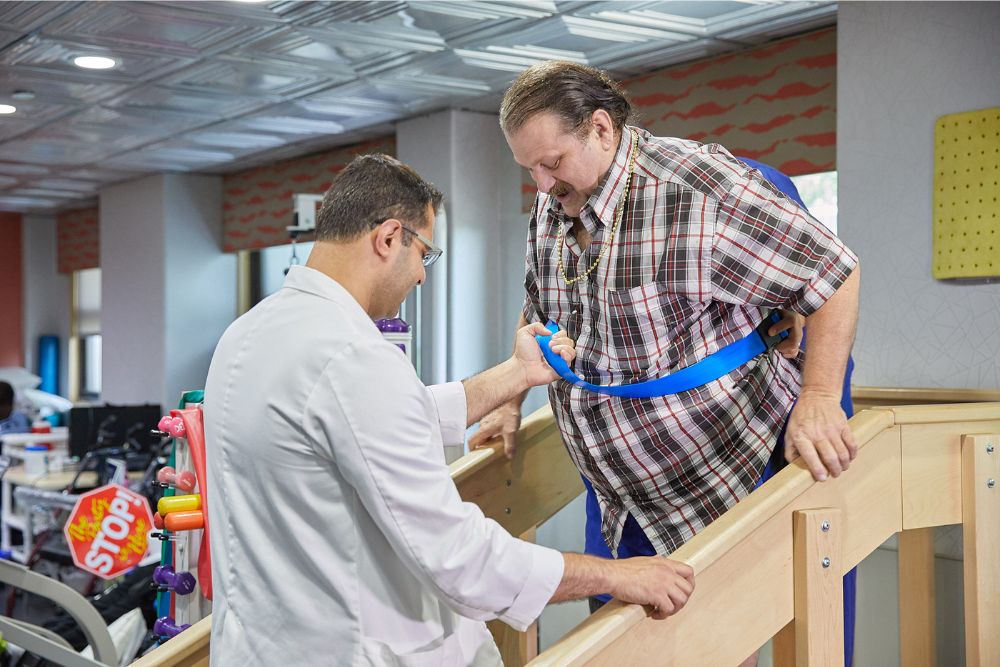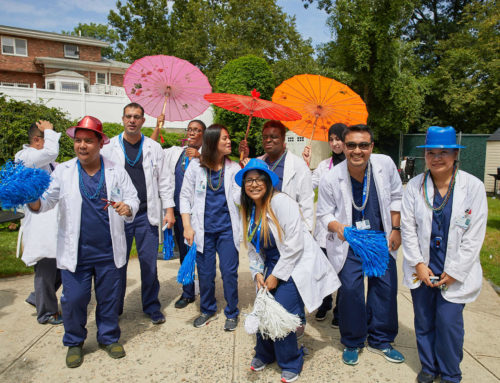What Type of Post-Accident Therapy You May Need
Car collisions are unpredictable, regardless of your cautious driving. Injuries resulting from such incidents vary from minor to severe, encompassing pain, headaches, whiplash, fractures, or internal trauma. Post-accident therapy is crucial for optimal and swift recovery.
For those recovering from grave accidents, inpatient restorative therapies and rehab are recommended to help to ensure fast and efficient healing. The therapy includes physical and occupational therapies, pain management, emotional support and other treatments tailored for your own needs. Some people may also need nursing care for hands-on treatment after accident. The rehab may include IV therapy or wound care.

What is Post-Accident Therapy?
Post-accident therapy’s main goal is to restore independence and heal the injury – both physical and mental. Among the necessary therapies, physical therapy stands out, aiding in strength, flexibility, and mobility restoration for accelerated recovery.
Physical therapy
Physical therapy also curtails potential long-term damage, such as chronic pain or headaches. Initiated promptly, this post-accident physical therapy thwarts the onset of such issues.
In some instances, physical therapy may help to avoid surgery and prevent complications. Compliance with physical therapy guidelines can help speed up the healing with minimal medical intervention. This therapy is one of the most needed post-accident therapies.
Serious injuries from accidents can diminish life quality. Physical therapy post-accident alleviates this, ensuring autonomy restoration and emotional upliftment through endorphin release during exercise.
Nerve damage, resulting in tingling or weakness, and brain trauma might necessitate neurological therapy to prevent permanent impairment.
Occupational therapy
Another post-accident therapy that might be needed is occupational therapy. It tailors activities based on individual post-accident abilities, aiding in relearning daily tasks like dressing or meal preparation, ensuring self-sufficiency at home.
Mental recovery after accident
Car accidents often bring unforeseen mental trauma, leading to anxiety, depression, or PTSD – post-traumatic stress disorder. It is often recommended that a person gets emotional support and psychological therapy to help for mental issues after accident.
Depending on the condition of the person, this post-accident mental therapy may include event processing, anxiety management, and eventual resumption of driving routines through self-care education. It often also includes nutrition, sleep, and exercise guidance.
This mental therapy can be tailored for your own needs and may include counseling or psychotherapy. It can provide crucial support and assistance after an accident by addressing various psychological challenges that may arise.
This post-accident therapy equips people with practical coping skills to deal with stressors and triggers associated with the accident. These skills may include relaxation techniques, mindfulness practices, or guided imagery to manage emotional distress.
In some cases, massage therapy is also recommended for soft tissue damage after sports accidents. It can help prevent inflammation and remove pain caused by injuries. Massage is known for its calming effect, targeting trigger points for relief.
This article contains informational and educational materials and does not replace health or medical advice. For questions or concerns regarding your medical condition or health objectives, speak to a qualified physician or healthcare provider.






Leave A Comment